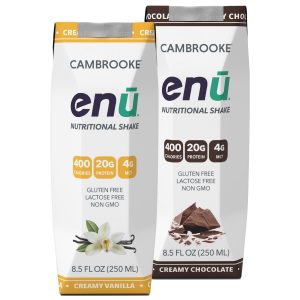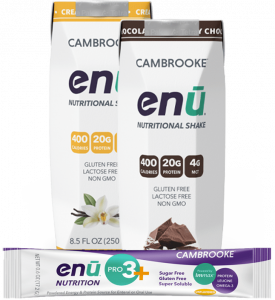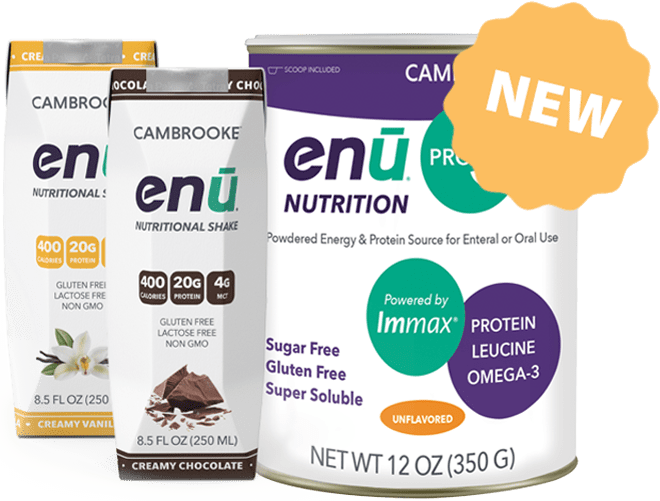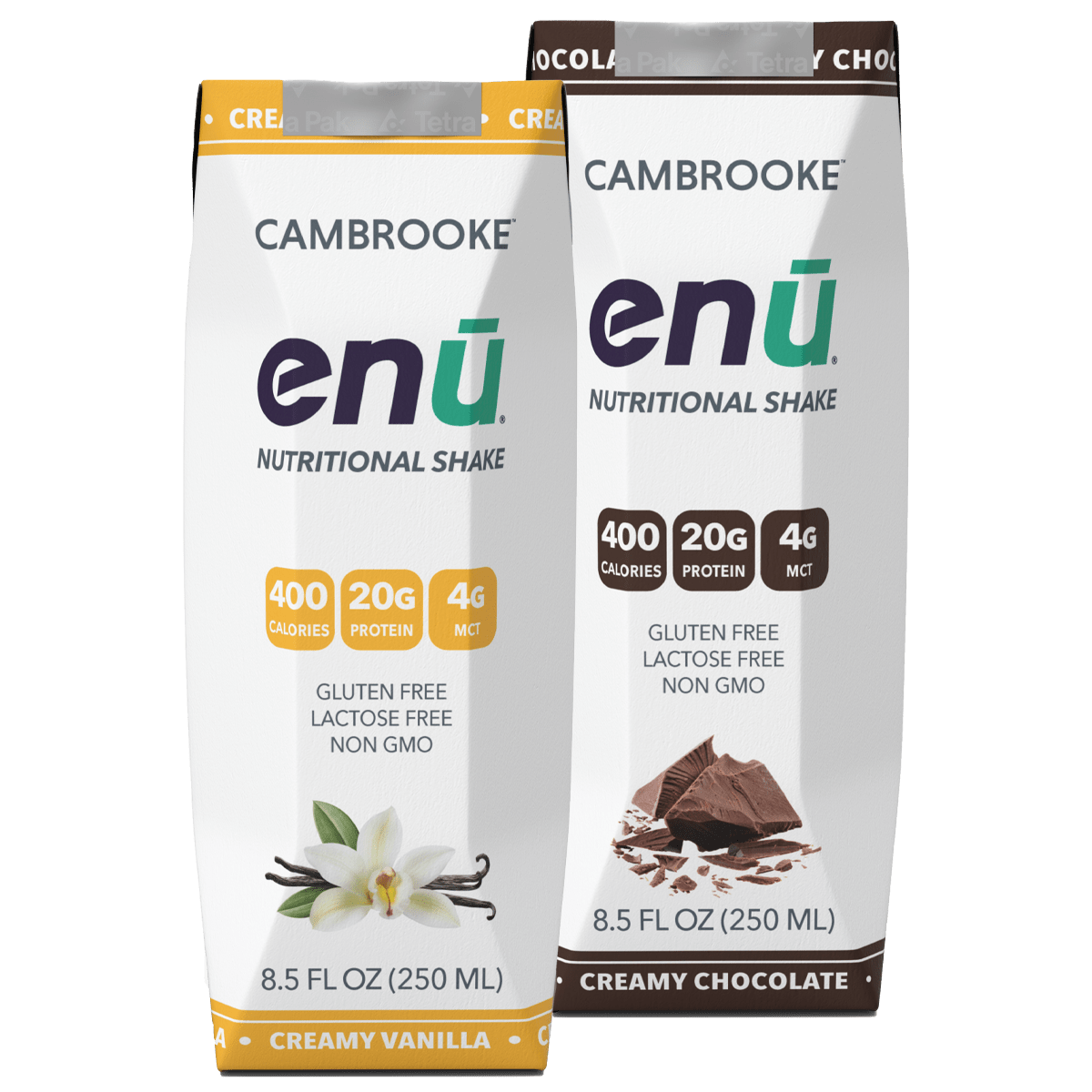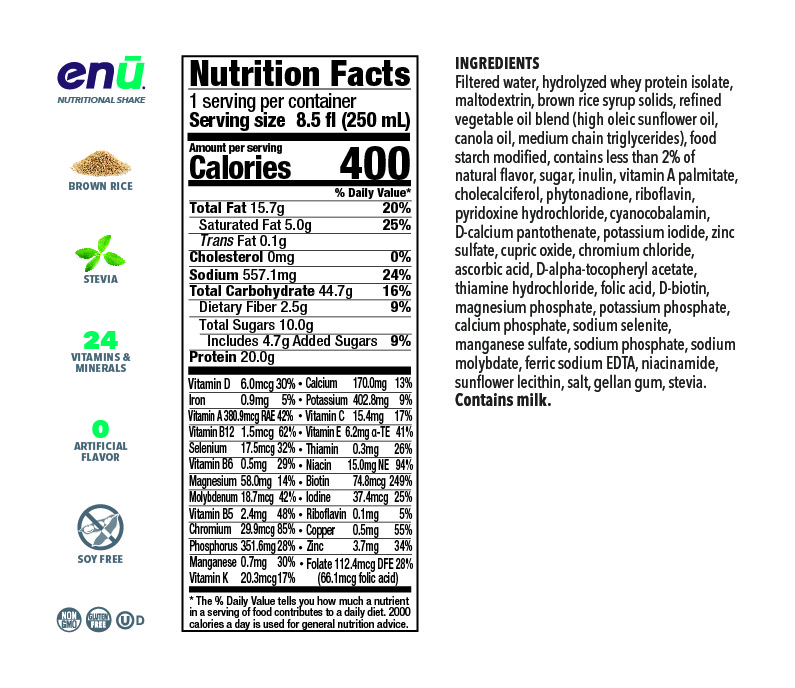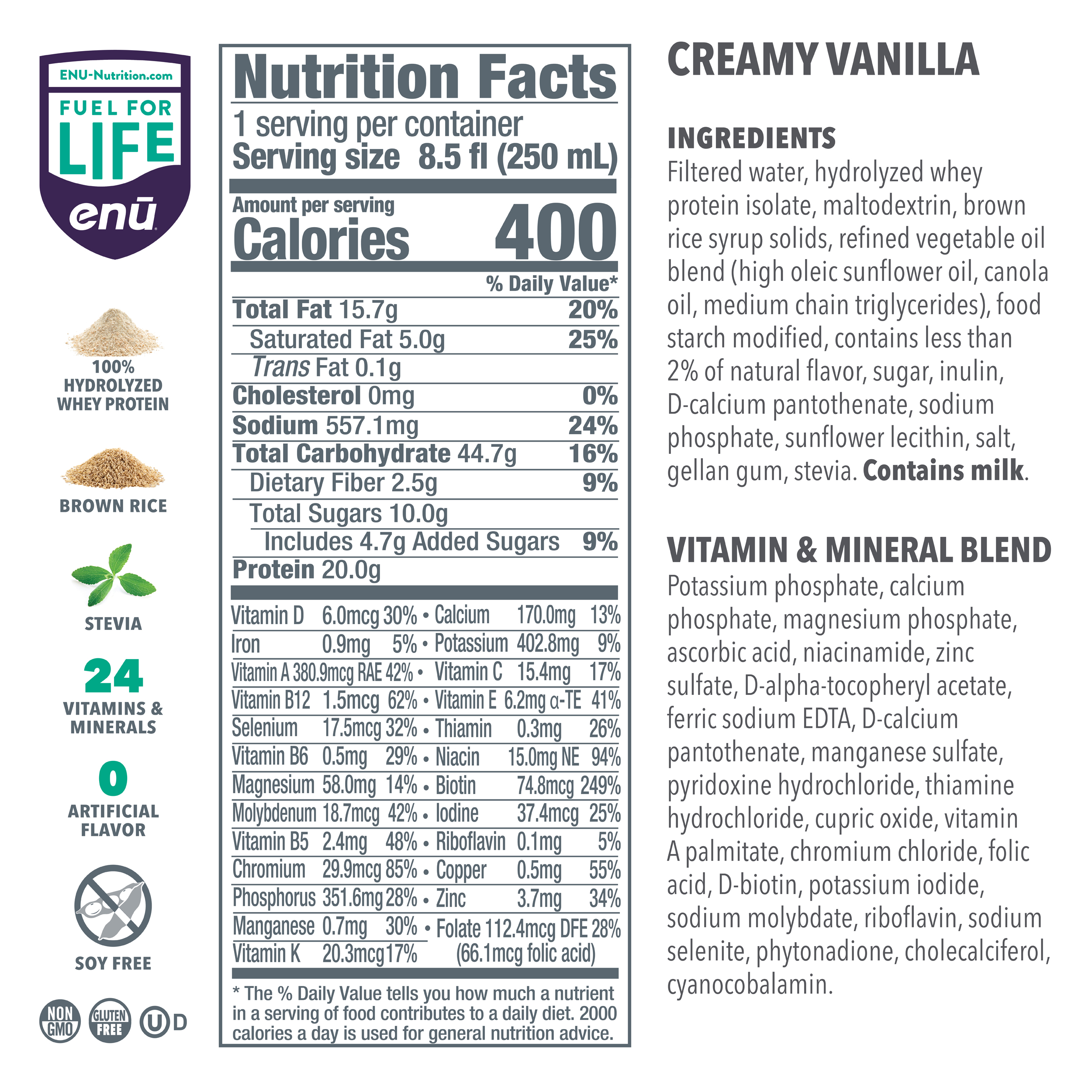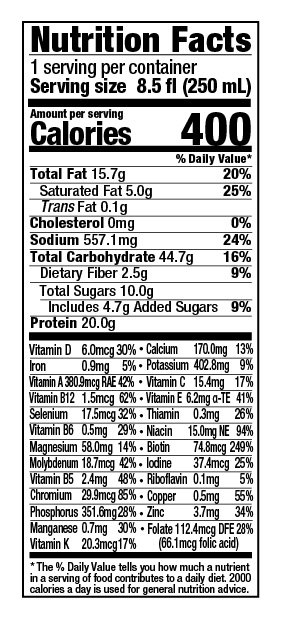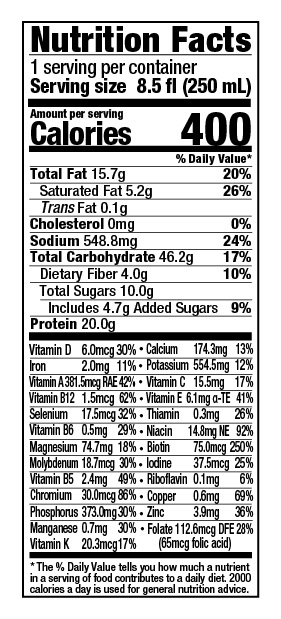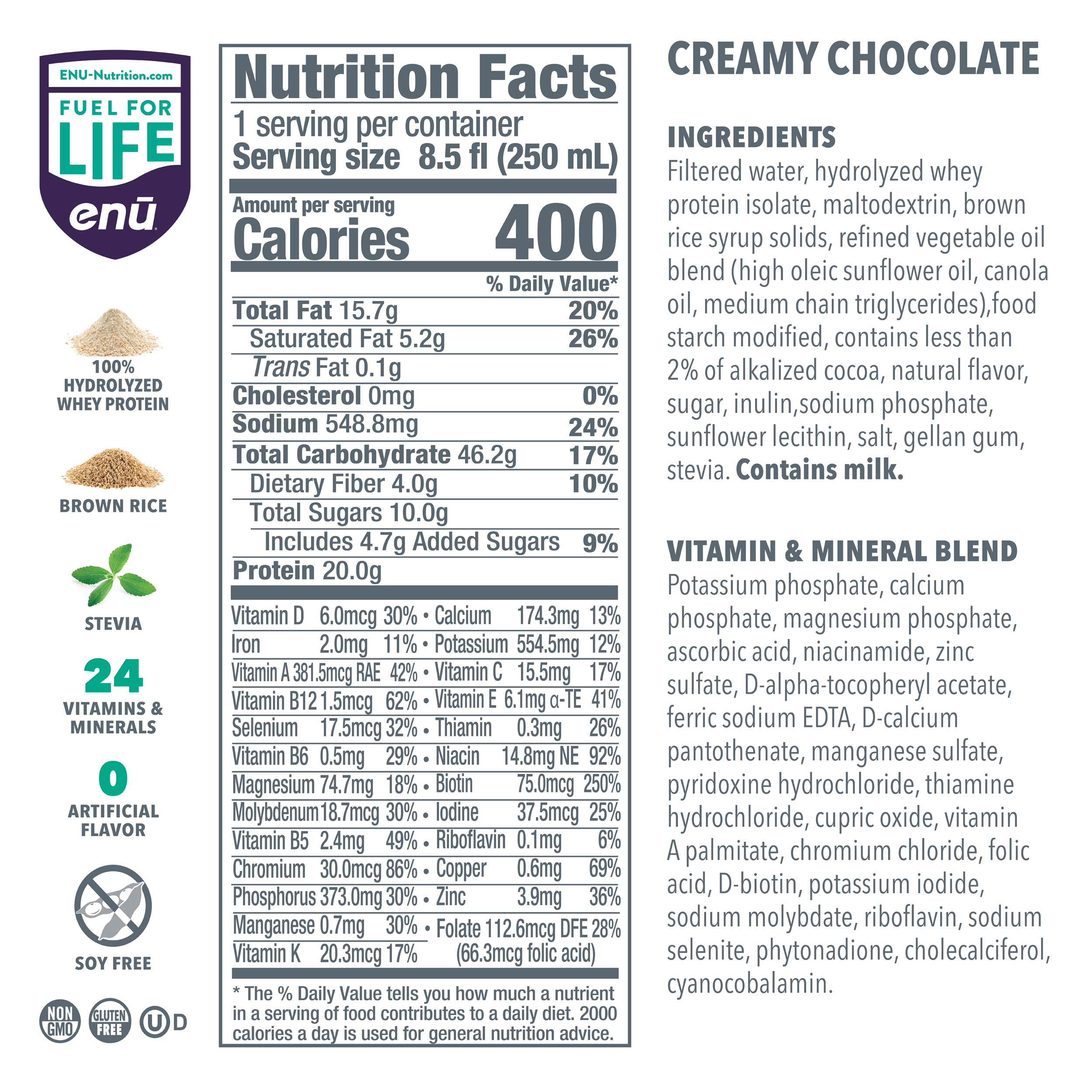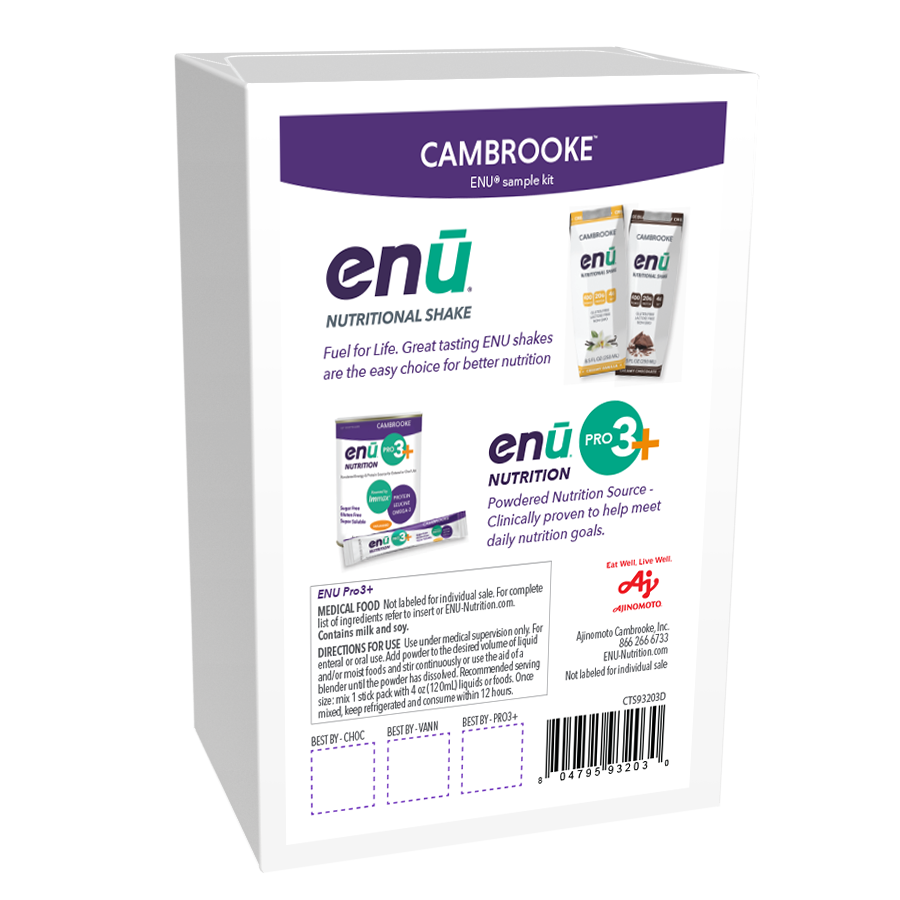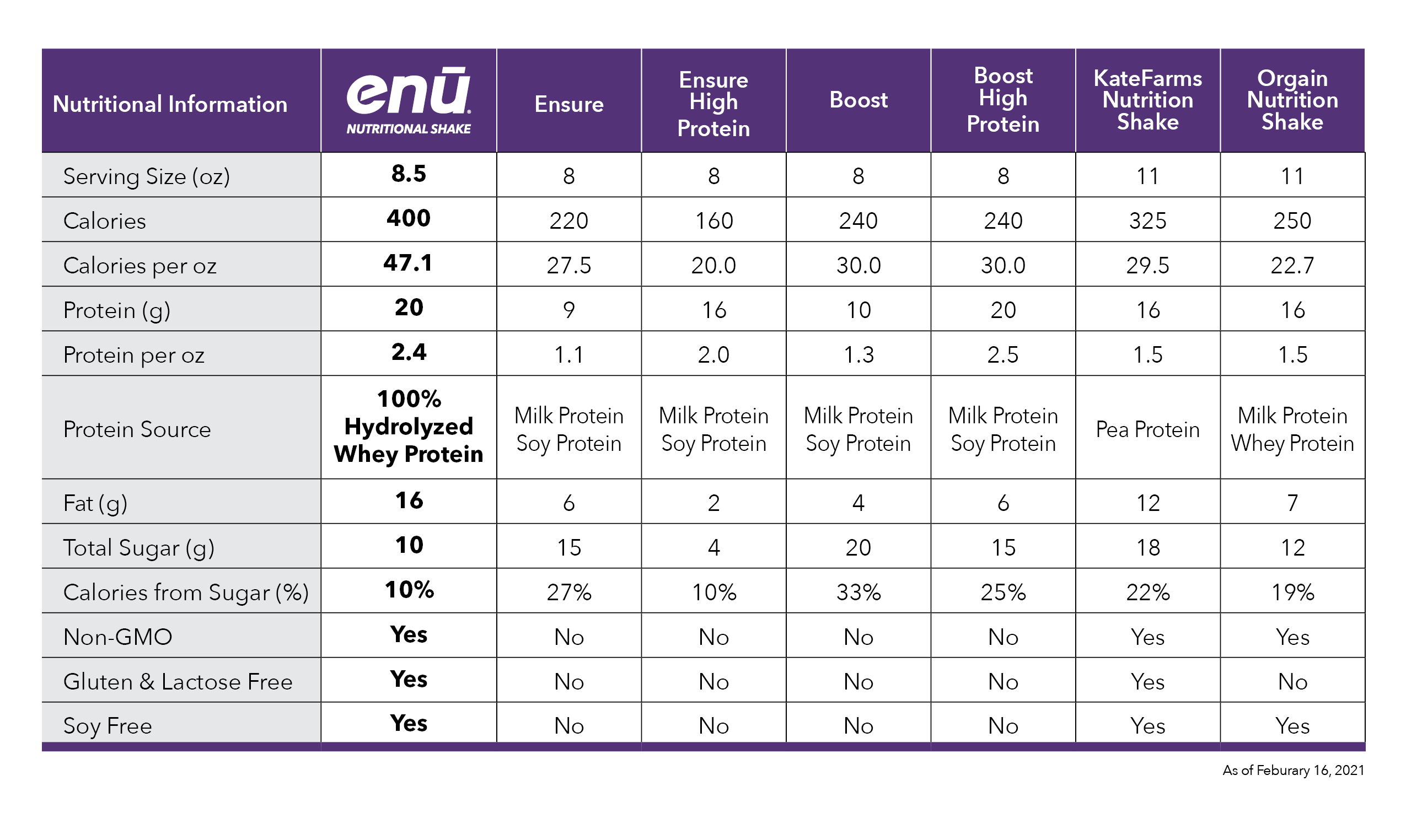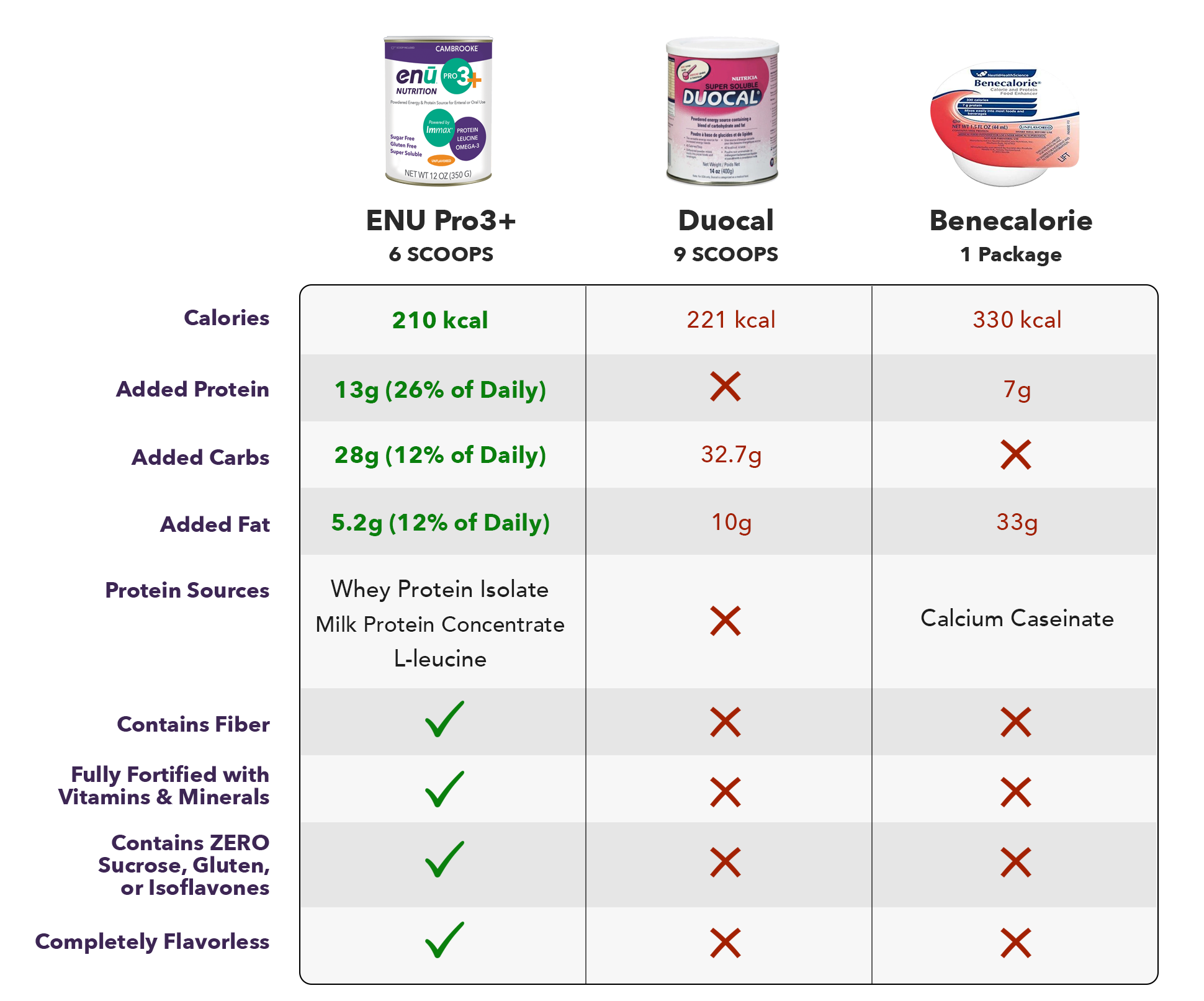
Get a FREE
ENU Intro Pack*
*Just Pay $2.00 Shipping
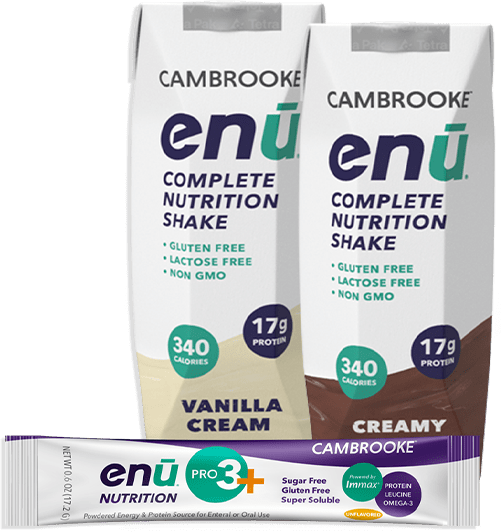
What Should You Eat If You Have Cystic Fibrosis?
Navigating life is never easy, but the challenges can become even greater if you suffer from cystic fibrosis (CF), a congenital illness that affects a person’s ability to breathe and digest food. Because its effects are so extensive and because they impact some of the body’s most important systems, those with cystic fibrosis must adjust their lifestyle and diet to reflect their condition and ensure their overall well-being. Of course, that’s often easier said than done; finding ways to live a full life with CF is far from simple, but it’s also a perfectly realistic goal – provided you listen to your doctor’s recommendations and take advantage of nutritional support for cystic fibrosis patients. One of the best ways to do so is to follow a diet designed for those with CF, but what should you eat if you have cystic fibrosis? To find out, keep reading as the people at ENU, makers of healthy meal replacement shakes, provide some answers.
How Do You Get Cystic Fibrosis?
If you’ve ever worried about catching cystic fibrosis from someone, you can relax; cystic fibrosis is a genetic disorder, meaning that it is passed down from parent to child. If both mother and father carry a mutation of the cystic fibrosis transmembrane conductance regulator (CFTR) gene, then there is a 1 in 4 chance that their child will have cystic fibrosis and a 1 in 2 chance that they will inherit the mutation but not have the disease.
In a healthy person, the CFTR gene creates a protein in cells that moves chloride around; more specifically, it takes chloride (a component of salt) from inside the cell and moves it to the outside of the cell membrane, where it attracts water. In the respiratory and digestive systems (as well as a few others), this water helps to thin the mucus in those areas, which keeps it from sticking in place or clogging up key pathways in the body.
However, those with a defect in the CFTR gene also have issues with the associated protein, so chloride doesn’t move to the outside of the cell and draw water in the way it should. The result is that the mucus of a person with CF is much thicker than in those without the condition; this is the root of all cystic fibrosis symptoms.
How Cystic Fibrosis Affects Your Diet
In the lungs, the thick mucus caused by CF can partially or completely clog the airways, making breathing difficult and necessitating the use of airway clearance techniques. This mucus also tends to trap contaminants, such as dust or bacteria, in the respiratory tract, leading to frequent respiratory infections. Between the increased labor needed to breathe and the strain of fighting off near-constant infections, those with CF typically burn more calories just to stay alive than someone without CF would.
In the digestive tract, mucus tends to block important ducts in the pancreas that are used to release enzymes important to the digestive process. When food leaves your stomach, it’s not yet completely broken down; the enzymes supplied by the pancreas complete that process, rendering your food into small enough bits that it can be absorbed by the intestinal walls. Because those enzymes are not released in those with cystic fibrosis, much of what CF patients consume goes undigested, so they absorb far fewer calories and nutrients from their food than those without cystic fibrosis. This condition, called malabsorption, tends to affect fats most drastically, but it also affects the absorption of other important nutrients as well.
What to Eat If You Have Cystic Fibrosis
Due to the increased energy requirements of those with cystic fibrosis and the fact that they can’t absorb many of the calories they consume, those with CF have to eat many more calories than what’s found in a typical diet. Just to maintain a healthy weight, an average man with cystic fibrosis has to eat at least 3,000 calories a day, while an average woman needs at least 2,500 calories daily. To gain weight, men need around 3,700 calories; women need at least 3,000.
While calories are of extreme importance for those with CF, so too are the nutrients they consume. Because fats tend to be the most heavily affected nutrient, a person with cystic fibrosis should look to get plenty of them in their diet; a good rule of thumb is to get about 40% of your calories from fats if you have cystic fibrosis. Not only will this help increase your calorie intake, since fats are very calorie-dense, but it will also improve your absorption of the four fat-soluble vitamins; without enough fat in your diet, vitamins A, D, E, and K can’t be properly absorbed.
If you struggle to eat enough to meet your body’s energy needs, consider getting more of your calories through liquids, which are usually easier to fit into an already packed diet. Whole milk, for instance, is high in calories, fats, and protein, and fruit juices have a lot to offer, too. You could even make your own homemade protein shake recipes and add sources of fats and protein (peanut butter is a good option) to boost their nutritional value.
Try a Healthy Nutritional Shake for Cystic Fibrosis Patients from ENU
Perhaps the best option for liquid nutrition is a meal replacement shake like those from ENU; each carton offers 400 calories derived from real food ingredients, plus 20 grams of protein, 13 grams of fat, and a blend of vitamins and minerals that includes all four fat-soluble vitamins. Each shake is also lactose-free, gluten-free, non-GMO, and kosher, so they fit into a variety of special diets. To learn more about ENU meal replacement shakes, visit us online or call (855) 266-6733 today.
